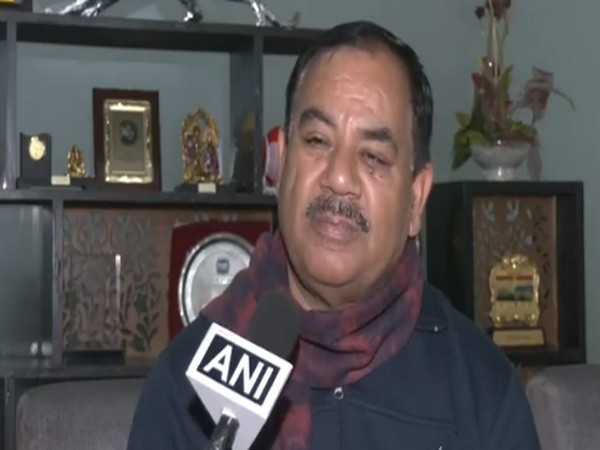
New Delhi: The Directorate of Enforcement (ED) has issued a fresh summon to Congress leader and former Uttarakhand cabinet minister Harak Singh Rawat for questioning in a money laundering case investigation on April 2, officials said on Thursday.
According to an ED official, Rawat has been asked to depose on April 2 at the ED office in Dehradun.The ED has issued a summons to Harak Singh Rawat in the case of illegal occupation of forest department land and illegal cutting of trees in Corbett National Park. Rawat was earlier asked to depose before the central agency here on February 29 but he sought a deferment of the notice, citing some work.
Rawat is a former forest minister of the state who quit the BJP ahead of the 2022 Uttarakhand assembly polls and joined the Congress. ED had raided the premises of Rawat and others on February 7 in connection with the case.
During Rawat's tenure as the state forest minister in the BJP government, Rawat and some of his departmental officers came under serious allegations related to their involvement in illegal tree cutting and construction in the Pakhro range of Corbett Park under the Tiger Safari Project.
The Forest Survey of India (FSI) claimed in its report that more than 6,000 trees were illegally cut in the Corbett Tiger Reserve (CTR) against the permission of 163 for the Pakhru tiger safari. However, the state forest department refuted the FSI's claims and said that some technical issues needed to be resolved before finally accepting the report.
The Supreme Court recently pulled up Rawat and Kishan Chand, observing that the "public trust doctrine" was thrown into the waste bin as they allowed illegal construction and felling of trees in the Corbett Tiger Reserve (CTR). "In the present case, it is clear beyond doubt that the then Forest Minister and Mr. Kishan Chand, DFO considered them to be the law unto themselves.
They have, in blatant disregard of the law and for commercial purposes, indulged in the illicit felling of trees on a mass-scale to construct buildings on the pretext of promotion of tourism," the court had said.







